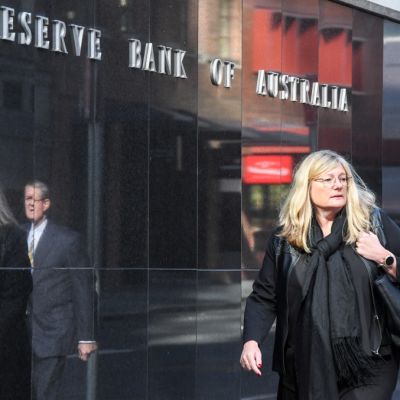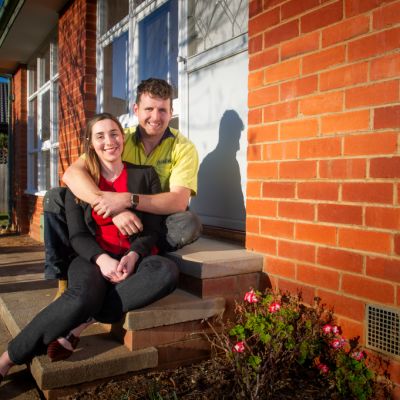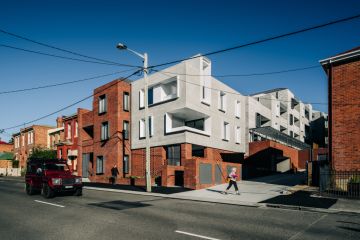Rate of loss-making sales in ACT units highest since 2017: CoreLogic report
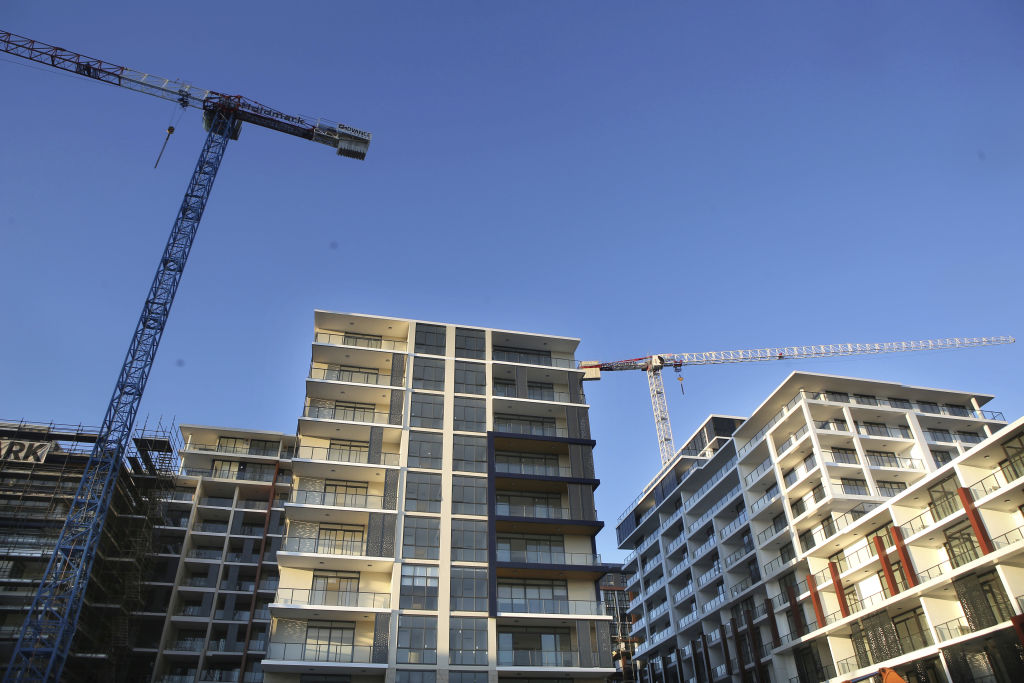
Canberra’s property market has been heralded as one of the most resilient markets across the country, but new data shows the capital recorded the highest quarterly increase in the rate of loss-making sales in the nation.
According to CoreLogic’s Pain and Gain report, which analysed 52,000 resale events across all capital cities over the June 2020 quarter, while the ACT’s housing market remained strong, the unit market did not perform as well.
“The incidence of sales making a loss [in the ACT], particularly in the unit sector, presents a sobering caveat to this narrative,” the report read.
The data found 25.8 per cent of units in the ACT failed to resell at a higher value – up from 20.9 per cent in the March quarter and the highest since January 2017. As for houses, only 4.2 per cent transacted at a loss.
Units made up 78.2 per cent of properties that transacted at a loss, bringing the overall proportion of loss-making resales to 12.8 per cent, up 1.9 percentage points from the previous quarter — the biggest quarterly increase of all capital cities.
This equated to more than 120 units transacting at a loss in the June quarter, with most in Belconnen which had 17 loss-making unit sales, the report said. Around 70 per cent of loss-making unit sales across the ACT were investment properties.
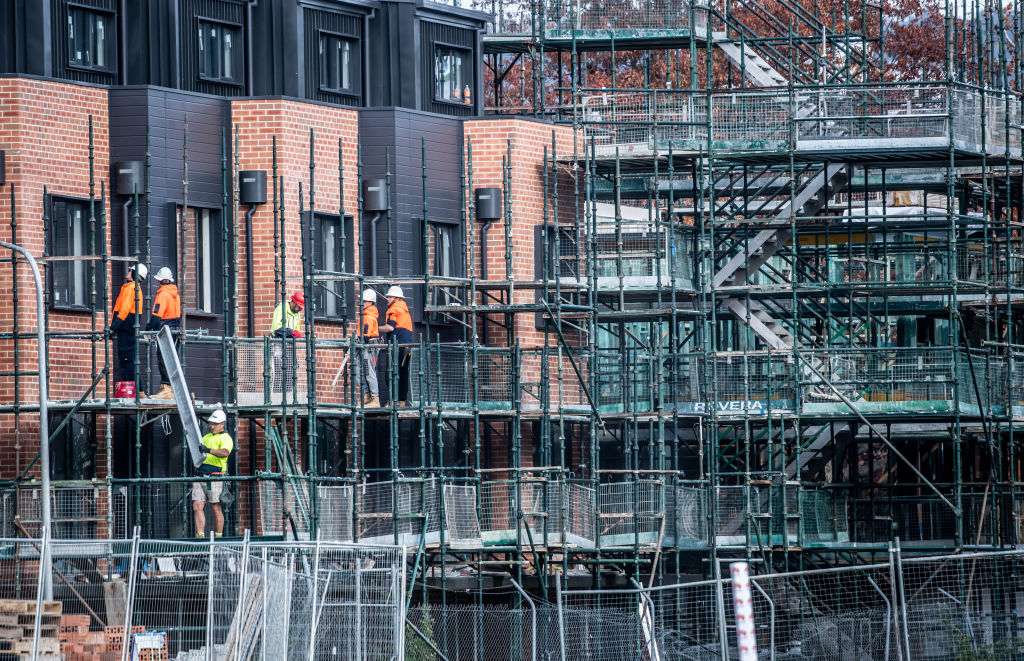
“It is a surprising finding, given the ACT dwelling market has been heralded as relatively resilient through the pandemic. However, the result is explained through continued weakness in the unit market,” the report said.
“The dynamic in loss-making sales is a reminder that while the house segment in the ACT is in high demand, units have not performed as well as houses.
“This is largely because of very high supply in the unit segment, compounded by a lack of demand through COVID-19.”
The unit market was relatively weak prior to the pandemic, but CoreLogic anticipated that it would recover should the interstate and international borders lift.
Sarah Cooper of Luton Properties Belconnen disagreed with the figures, saying the unit market had been “a lot stronger now than it has been in the past two or three years”.
Ms Cooper attributed this to the sale of established units over newer apartments.
“There are all these new apartments that have come onto the market at the same time, particularly in Belconnen, and the availability of some apartments for residents to move into or rent out have been quite low,” she said.
“For me personally, buyers are looking at more established developments.”
Ms Cooper said she’d seen a shift in buyer behaviour in the past few years, around the same time as the Opal Tower design and construction flaws in 2019.
“Buyers now want something that is a couple of years older, they’re looking for body corporate history, they’re looking for the history of the building and its construction. They’re very well-researched now,” she said.
The report came after the Reserve Bank of Australia agreed to hold the cash rate at its record low of 0.25 per cent, unmoved from March, and on the same day Treasurer Josh Frydenberg handed down the federal budget.
We recommend
We thought you might like
States
Capital Cities
Capital Cities - Rentals
Popular Areas
Allhomes
More
